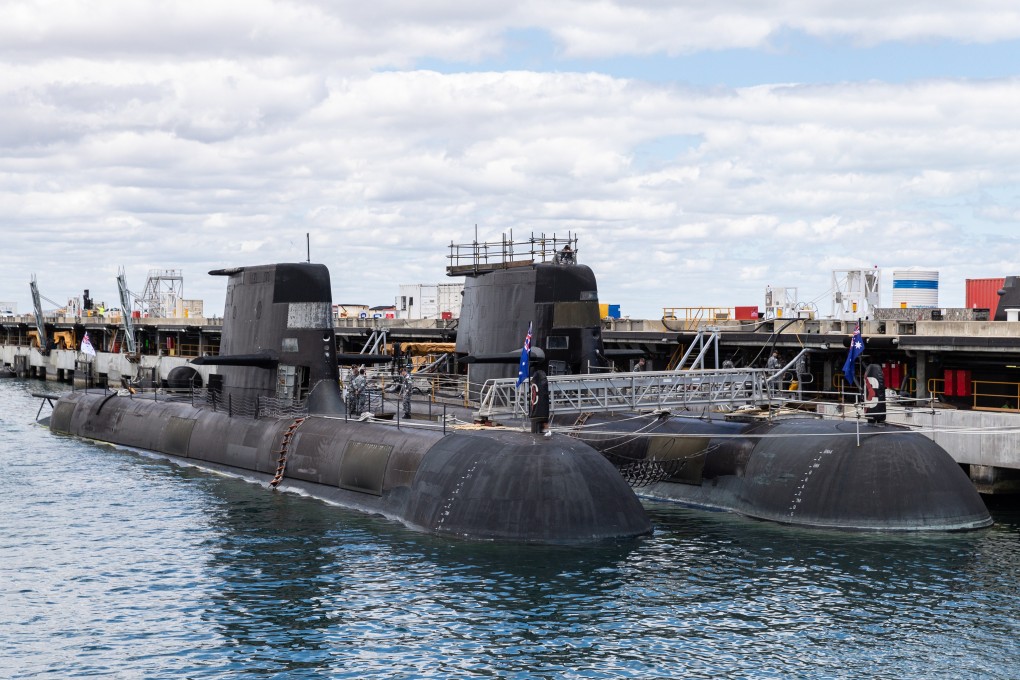Advertisement
Opinion | How Aukus’ failure to consult Asia dooms it to disappointment
- The Western allies’ agreement will struggle to get regional buy-in and ultimately underdeliver
- Failing to consult countries in the region was an initial liability, but refusing to consider their concerns afterwards has secured the pact’s fallibility
3-MIN READ3-MIN
7

The case for the Aukus alliance is self-explanatory to those who are part of the pact, particularly if countries in Southeast Asia do not matter to them.
Advocates see the grouping of Australia, the UK and the US – with New Zealand also considering cooperating in areas other than nuclear submarine development – as an overdue deterrent against China’s maritime assertiveness. It extends other anglophone alliances that have US primacy as a common priority.
US exceptionalism desensitises Aukus to regional reservations and places it above multilateral restraint and external oversight. As a dedicated military alliance, it has focus and clarity of purpose while avoiding ambiguity for a stronger deterrence capacity.
Advertisement
With all members from outside Asia, Aukus also operates free from regional inhibitions and any obligation to seek regional approval. But to see these as net gains with no downsides would be a mistake. What gives Aukus its freedom also spells its limits and liabilities.
US militarist postures in contested spaces are not new. Freedom of navigation operations since 2015 to curtail Chinese adventurism have resulted only in its escalation. The Southeast Asia Treaty Organisation withered away because of a lack of regional interest, indicating that even co-opting US allies in Southeast Asia won’t work without region-wide endorsement.
Aukus and its submarines are unlikely to dent China’s posture. For the region, it could escalate US-China tensions and provoke a tougher Chinese response.
Advertisement
Select Voice
Select Speed
1.00x

